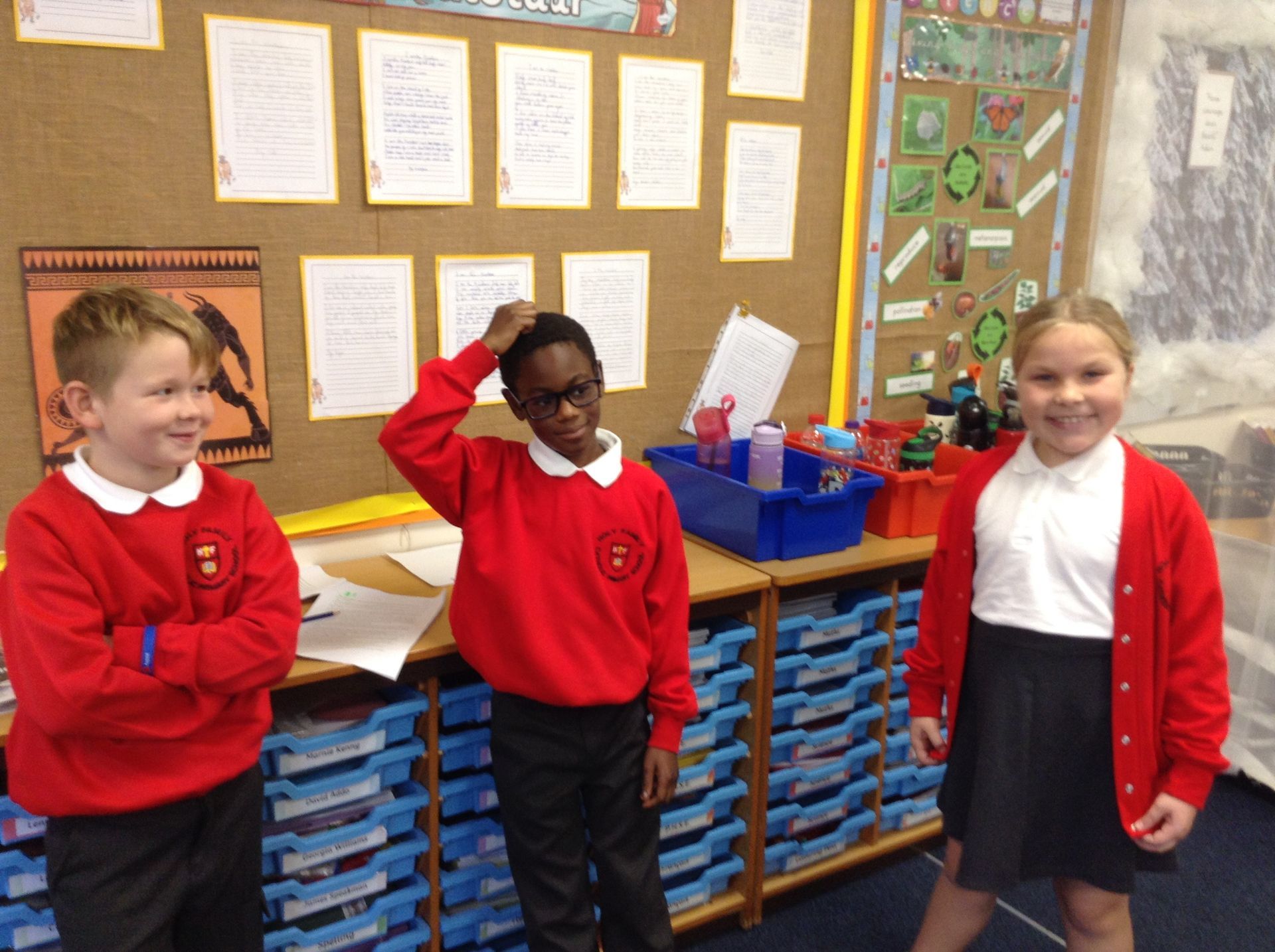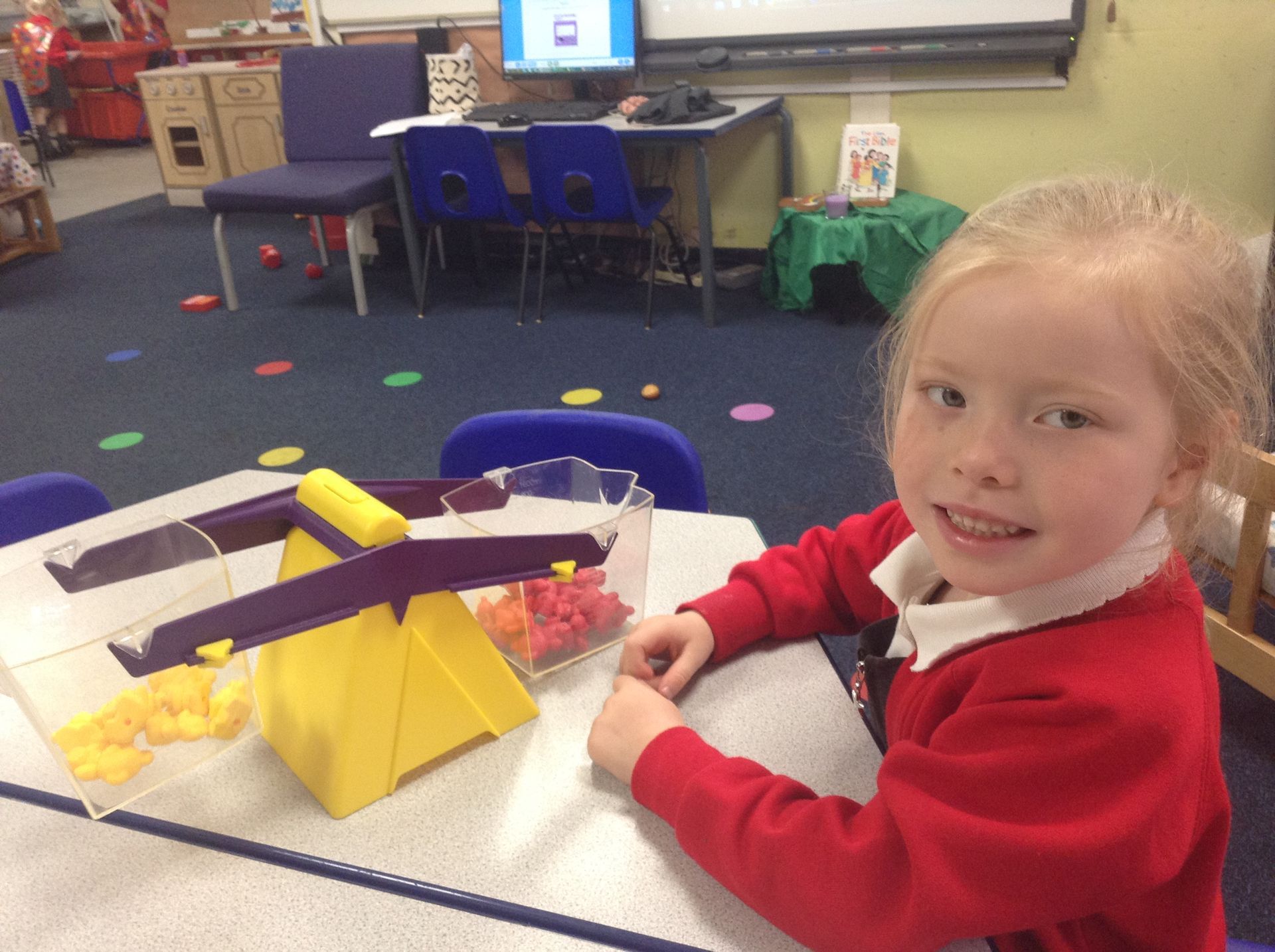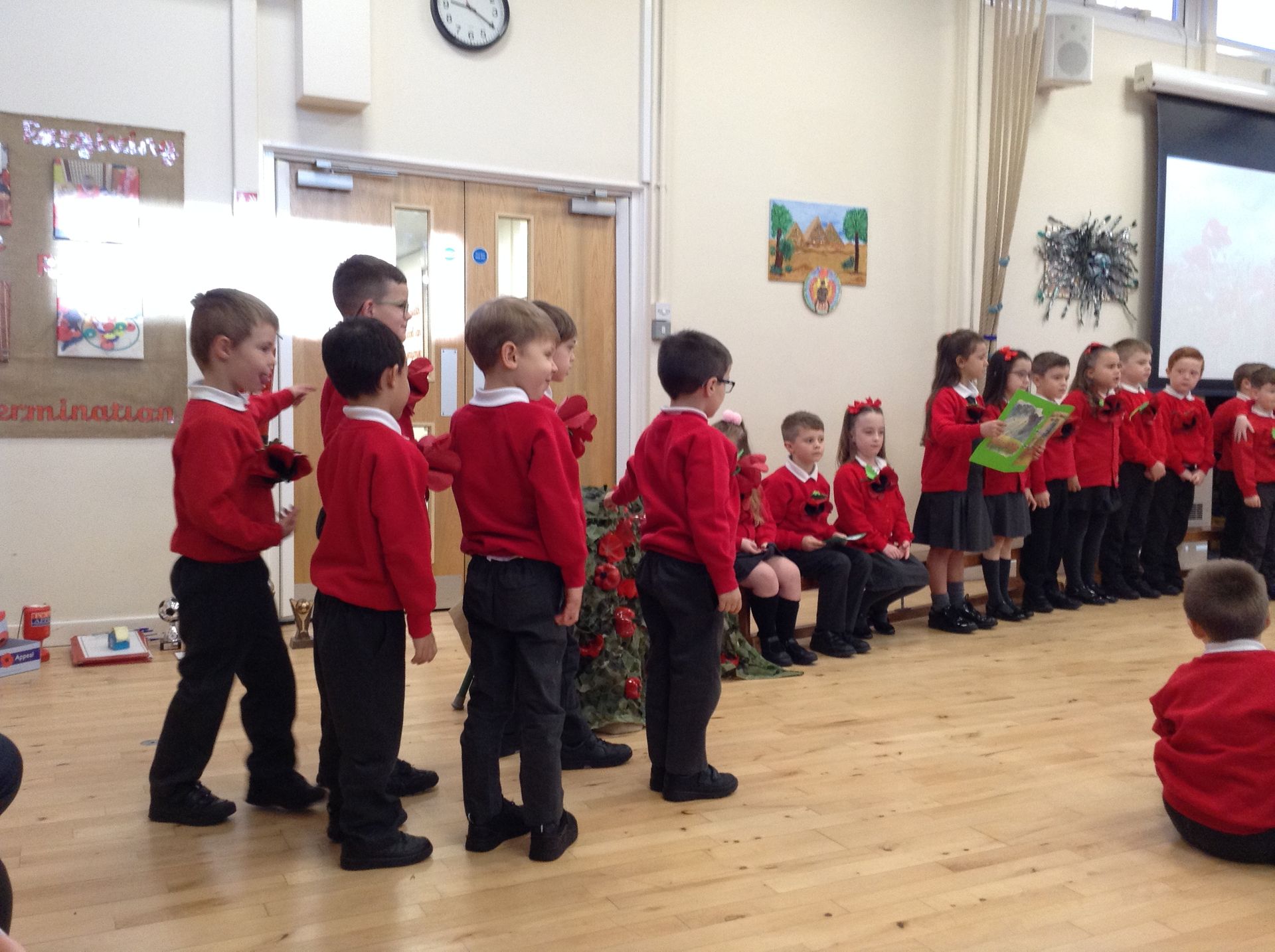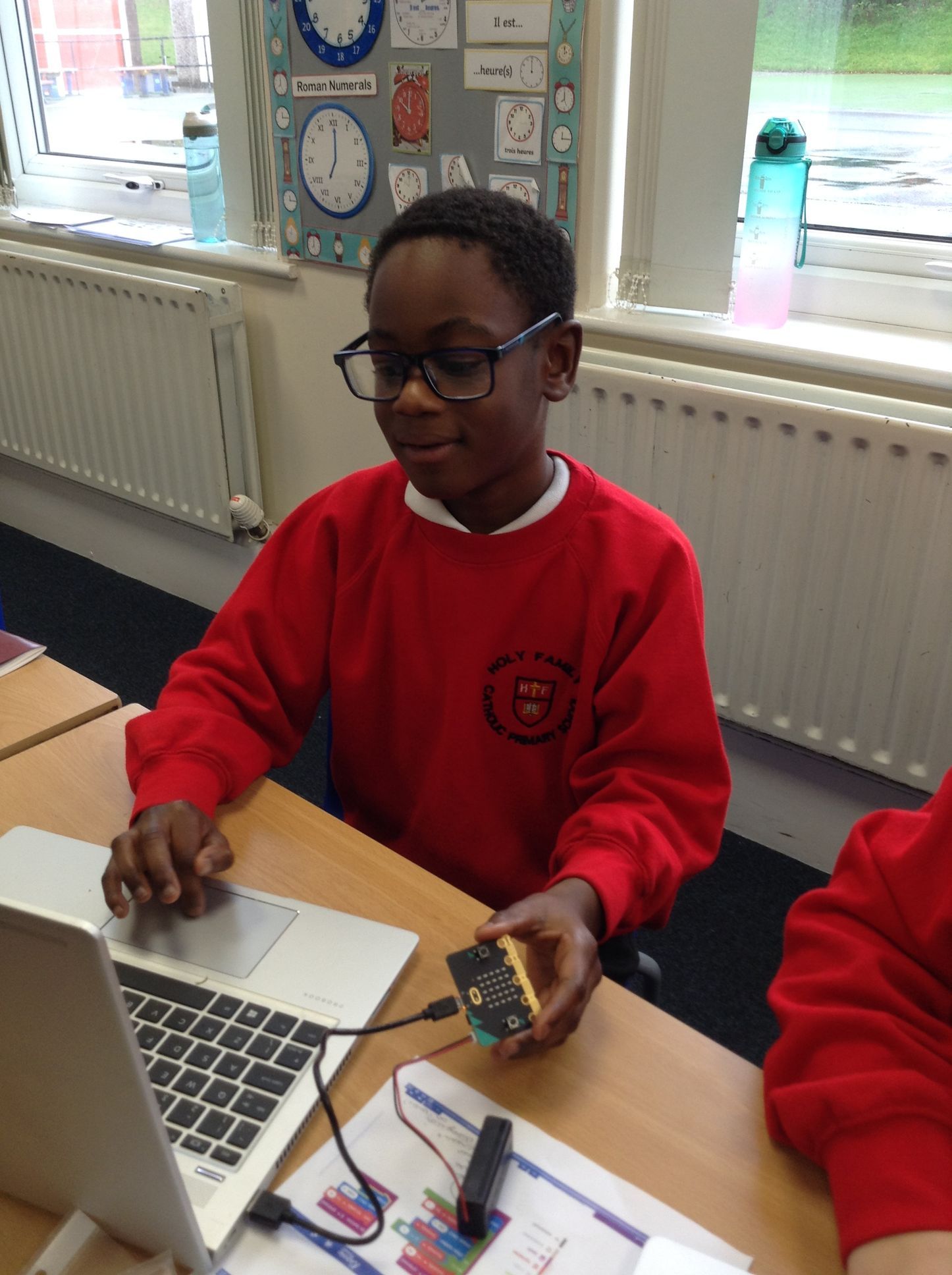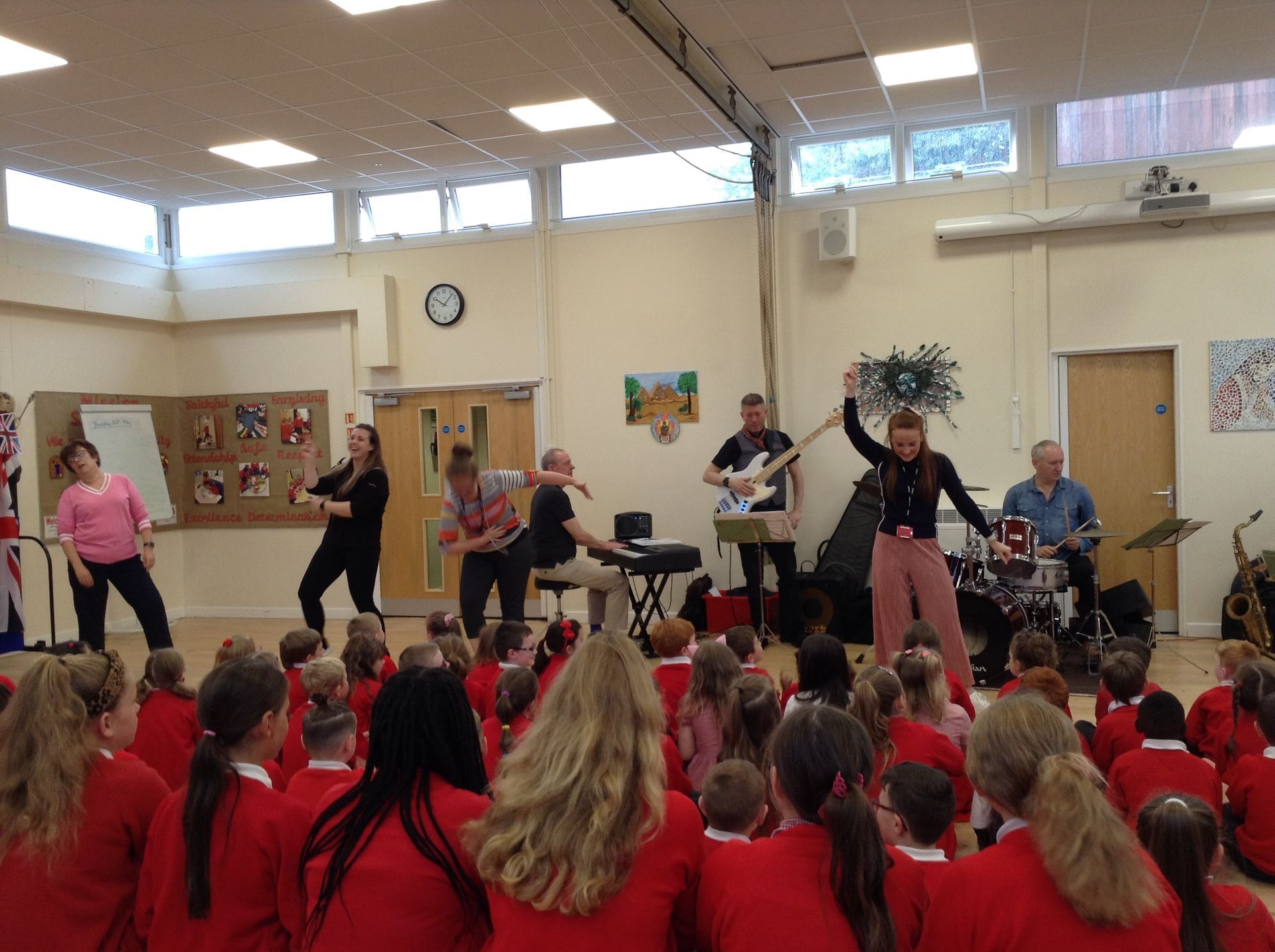SMSC & BRITISH VALUES
SMSC (spiritual, moral, social and cultural) is a key part of the learning and development of our children and community at Holy family Catholic Primary School. British values refer to the fundamental principles that form the basis of society and identity in the United Kingdom. These are embedded throughout our school.
SMSC
New Paragraph
How is SMSC taught at Holy Family?
BRITISH VALUES
Democracy
At Holy Family Primary School our mission statement states that we want our pupils to ‘become independent lifelong learners and thinkers’ and ‘to become the best possible citizen of tomorrow’. We believe that if pupils realise they have opinions which will be listened to and which can influence aspects of school life important to them, they will become responsible adults who will take a full and active role in society. At the start of each school year, pupils vote for their school council class representatives. The school council meet regularly to discuss issues in school.
The impact democracy has on our children:
Children at Holy Family learn how to respect the outcome of a democratic process and learn how to manage feelings of disappointment if not chosen or elected. They learn to help make decisions and share ideas as individuals and in groups, confident that their pupil voice will have a respectful and active audience. They understand their responsibilities to the school and the wider community.
Individual Liberty
Our school vision and values help our pupils to respect themselves and others and develop independence by taking responsibility for their own actions. By creating a safe, supportive environment we provide boundaries which enable pupils to make choices.
The impact Individual Liberty has on our children:
Children at Holy Family feel a sense of belonging and feel their opinions are valued. They develop strategies to manage different situations in which they need to make choices. They are aware of how to stay safe in different situations. They enjoy and value the freedoms that they have, of speech, of thought and of being themselves while remaining respectful of others' differences.
Tolerance of other faiths and beliefs
Tolerance of those with different faiths and beliefs is reinforced by our school aims ‘to respect and value themselves and others’ and ‘to become the best possible citizens of tomorrow’. At Holy Family we help our pupils to learn about different faiths and religions which are practised in our country and throughout the world, whilst recognising the Christian traditions upon which our society is constructed. We actively promote tolerance through our curriculum and other areas of school life.
The impact Tolerance of different faiths and beliefs has on our children:
Children are respectful to those who have different beliefs or lives to them. Children learn to discuss issues from different viewpoints and show empathy to others. Children learn all about different faiths each half term and they also have the opportunity to visit a different place of worship. Children at Holy Family appreciate the differences in other children’s cultures and can talk about it. They understand when behaviour towards others is not acceptable, including any type of discrimination.
Rule of Law
At Holy Family Primary School we place high importance on good behaviour and of adherence to our school rules. This enables our pupils to learn in a safe, orderly environment. School rules and laws which govern our country are referred to and reinforced in the classroom and in assemblies. Our pupils learn the value and reasons for rules and laws, the responsibility which they have in making the right behaviour choices and that there are consequences when rules and laws are broken.
The impact The Rule of Law has on our children:
Children at Holy Family show respect for the rules and the law. They understand their responsibilities and the consequence of their behaviour. They feel safe in a secure and respectful environment. Older children in the school set a good example for younger children to follow. At the beginning of year, each class will create a class rules list which they must follow throughout the year.
Mutual Respect
A key aim which underpins our ethos is ‘to value and respect ourselves and others’. Our school vision and values state that pupils will develop an awareness of cultural diversity and foster respect and understanding of the faiths, race and culture of others. Mutual respect between adults and pupils in school is fostered through the curriculum and through other aspects of school life such as our school rules, participation in sport and the performing arts, and visitors to school. We also feel it is important to broaden our ethos to include respect for members of the wider community.
The impact Mutual Respect has on our children:
Children at Holy Family are respectful towards others. They respect and value theirs and other’s achievements and opinions. People feel valued and welcomed at our school.
Beyond Our Curriculum
Beyond our curriculum
- Student Leadership e.g. GIFT team, Caritas Ambassadors, Peacemakers, Laudato Si, School council, play leaders.
- Whole school and key stage assemblies.
- Our extensive Extra-Curricular Programme.
- Taking part in charity work.
- Links with other schools in our local network and BoSCEP.
- School productions
- Visitors in to school e.g. local priest.
- Links with local places of worship.






